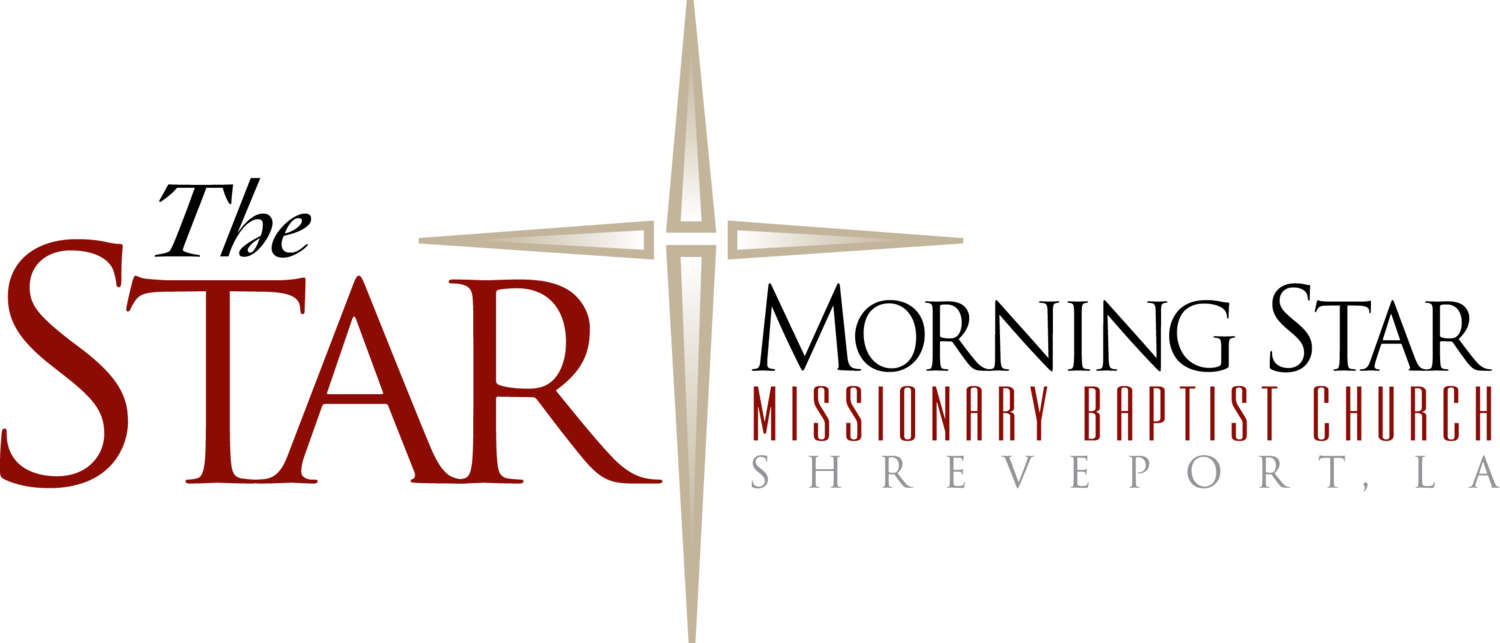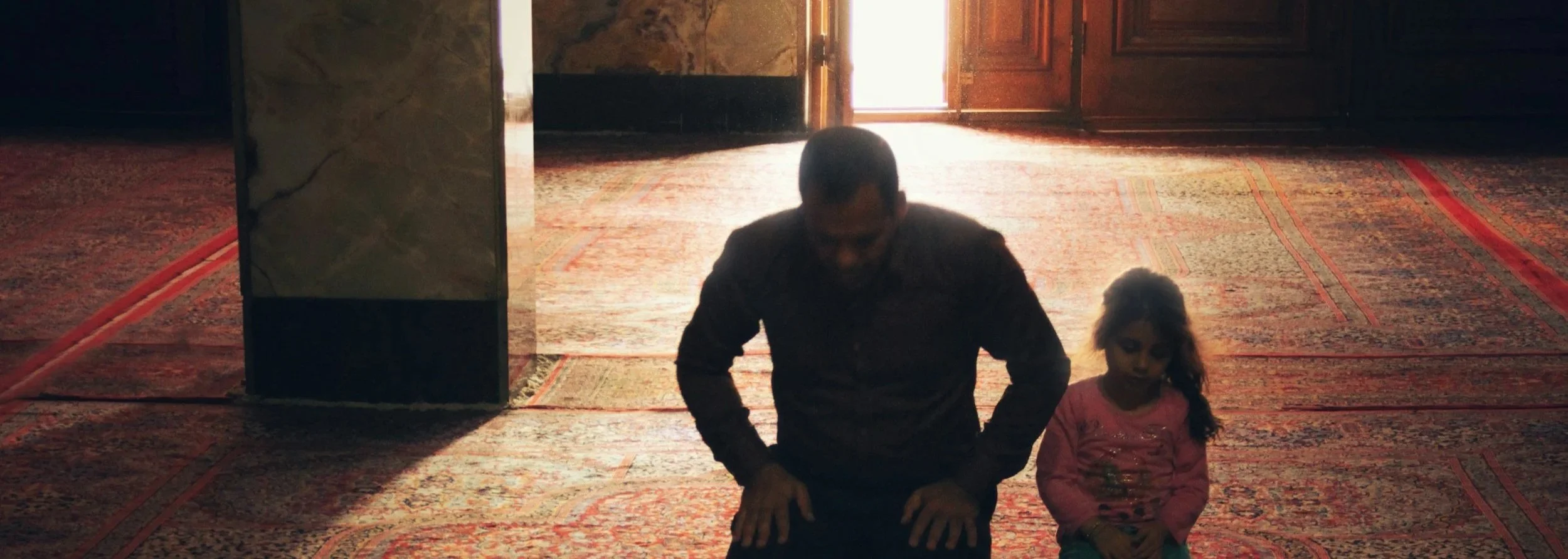**Title: The People of Prayer: Standing in the Gap with Grit and Grace**
In a world filled with noise, chaos, and uncertainty, the call to prayer remains a powerful and transformative force. The recent sermon, "The People of Prayer," reminds us of the profound impact of intercessory prayer and the unique role of those who stand in the gap for others. This message is a call to action for all believers to embrace the responsibility and privilege of praying for others, even when we ourselves are in need.
**Standing in the Gap**
The sermon begins with a poignant reminder from Ezekiel 22, where God searches for someone to stand in the gap. This gap represents the broken places in our lives, families, communities, and churches. It is a vulnerable point where danger can seep through, and God is not looking for perfect people to fill this space. Instead, He seeks those who are available and willing to stand, despite their own wounds and struggles.
Every life has gaps, and every community faces challenges. The sermon highlights the gaps between what our children need and what they receive, between trauma and healing, and between opportunity and abandonment. God calls us to be the crossing guards at these dangerous intersections, standing firm with nothing but faith and a willingness to intercede.
**The Grit to Pray**
Intercessory prayer requires grit—a spiritual toughness and holy determination to lift others up, even when we are hurting. The sermon draws from the story of Job, who, despite losing everything, prayed for his friends. It was through this act of selfless prayer that God restored Job's fortunes. This teaches us that sometimes our own breakthroughs are connected to the blessings we pray for others.
Grit means praying through pain, interceding with tears, and standing for others even when we feel alone. Romans 8:26 assures us that the Spirit helps us in our weakness, completing our sentences and interpreting our tears. Our prayers, though imperfect, are heard with clarity in heaven.
**Grace for Grownups**
The sermon challenges us to extend grace in our prayers, even to those who have hurt or disappointed us. Moses exemplified this when he interceded for the Israelites, despite their rebellion and disrespect. Grace means praying for those who have offended us, refusing to let our words become weapons.
Grace for grownups involves praying for people who have betrayed, used, or abandoned us. It is a powerful force that can break cycles, disarm anger, and heal generations. The sermon shares a moving story of a grandmother at a funeral, who, despite her grief, prayed for both her family and the family of the offender. Her grace shifted the atmosphere, bringing peace where there was tension.
**The Power of Intercession**
Intercessory prayer is not a sign of weakness; it is spiritual warfare. It is legislative power in the spirit, calling angels into places where darkness once reigned. The sermon reminds us that intercession outlives the intercessor, with prayers continuing to bear fruit long after we are gone.
As believers, we are called to pray for all people, including those in authority, as instructed in 1 Timothy 2. Our prayers can shift what we cannot see, and in a world that desperately needs divine intervention, we must rise to the occasion.
**Conclusion**
"The People of Prayer" is a call to action for all believers to embrace the role of intercessors. We are invited to stand in the gap with grit and grace, trusting that God will meet us there. Our prayers have the power to transform lives, communities, and even nations. As we pray for others, we can be assured that God will also lift us, fight for us, and carry us through our own challenges.
Let us take up the mantle of prayer, knowing that our intercession is a powerful force for good in a world that needs it more than ever. May we be the people of prayer who stand in the gap, with hearts full of grit and grace, trusting in the God who hears and answers.


